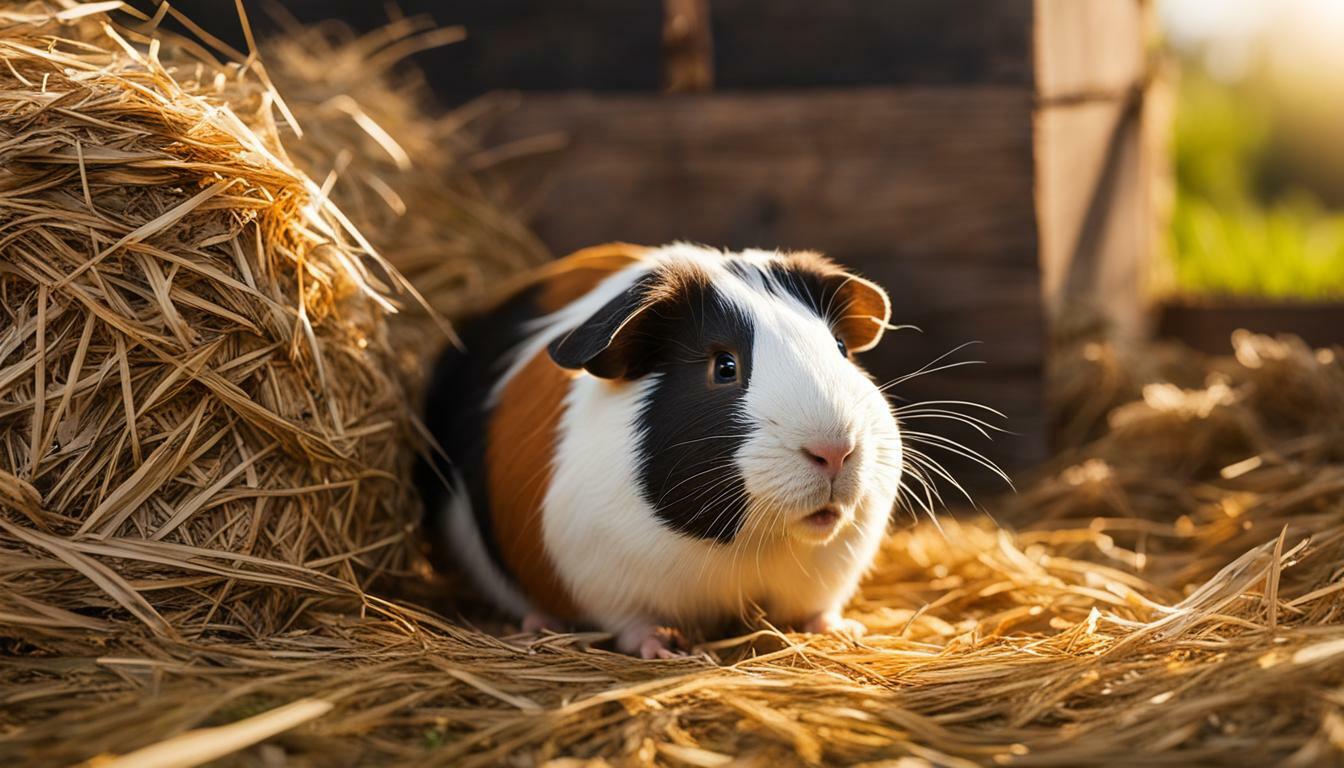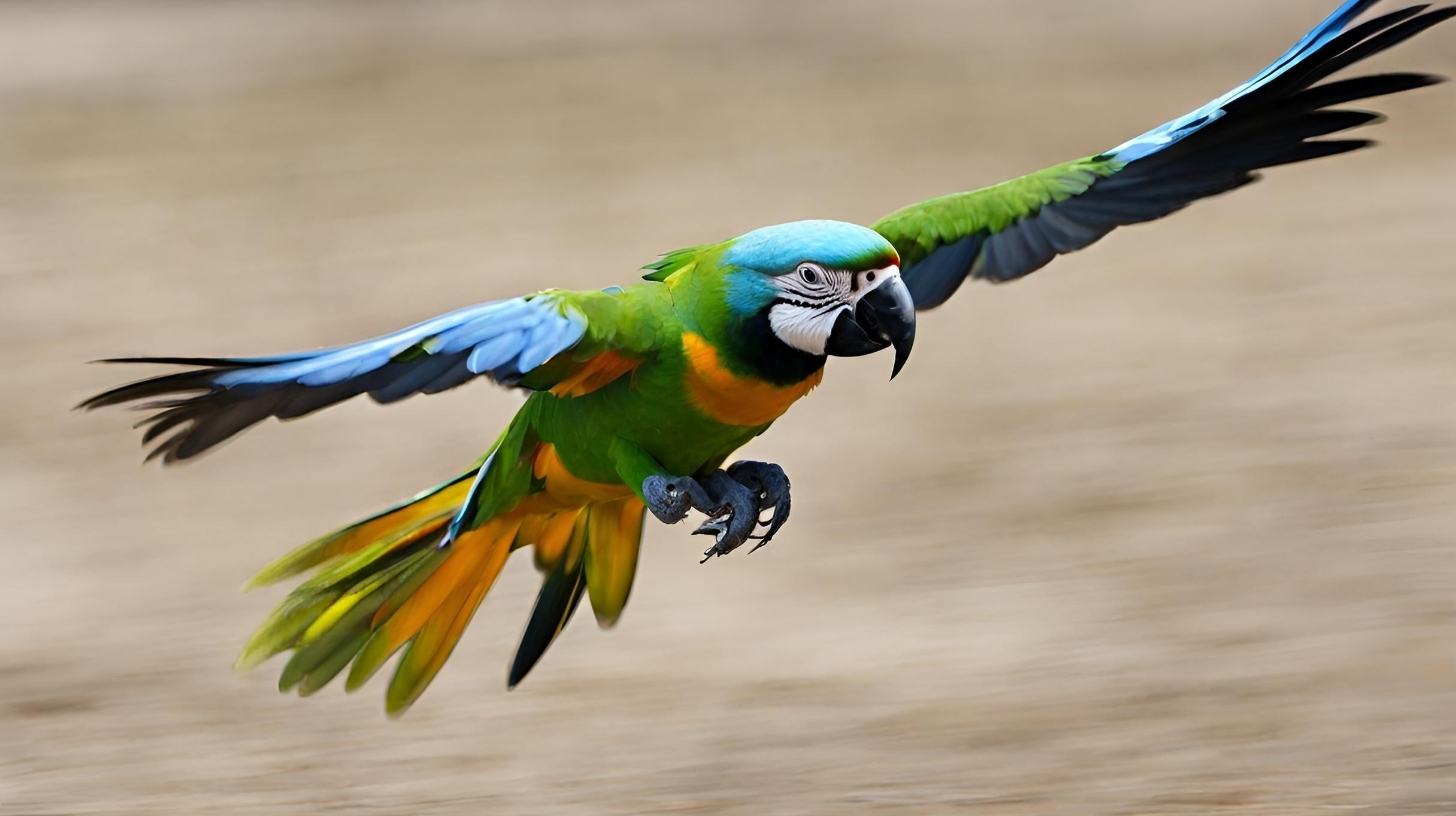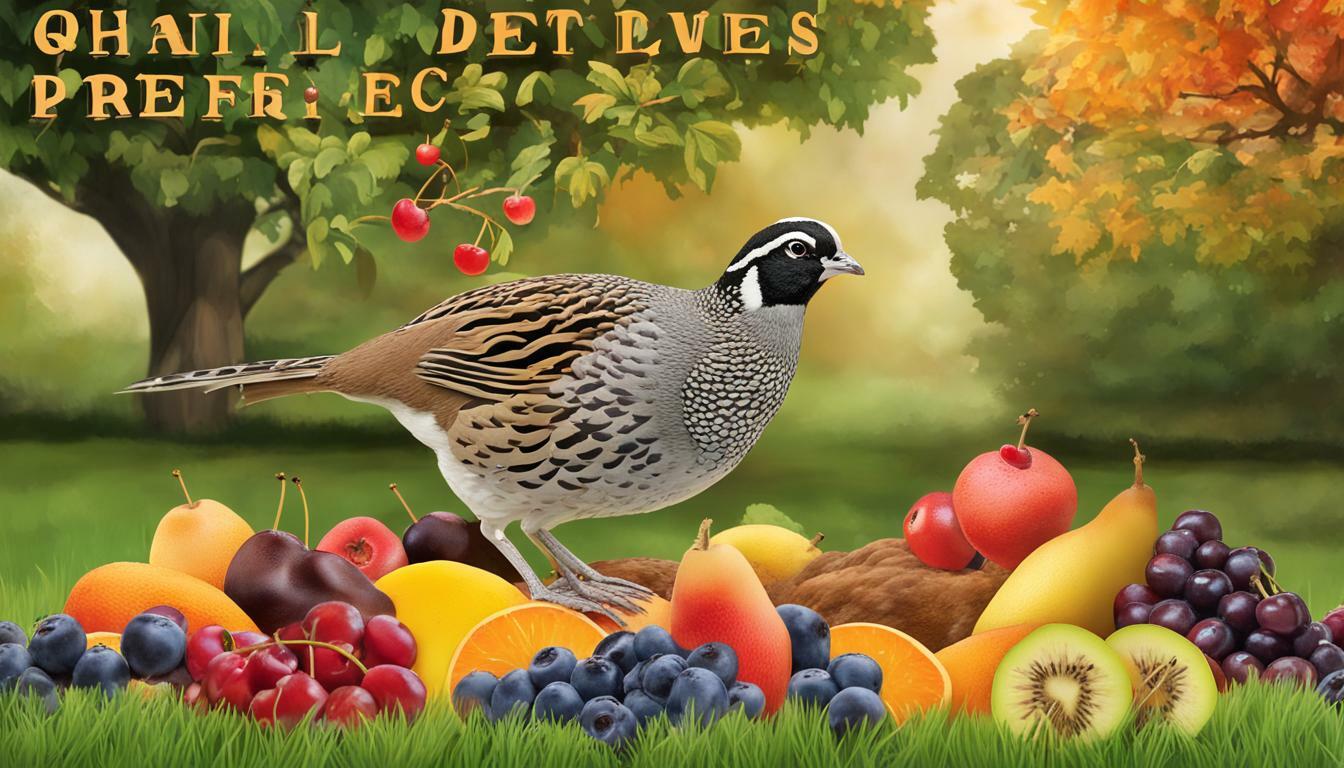How Long Can a Guinea Pig Go Without Hay?

Table of content:
Hay is an essential part of a guinea pig’s diet. As herbivores, guinea pigs need a constant supply of hay to stay healthy. Hay provides guinea pigs with vital nutrients and fiber that they can’t get from other foods.
Why Guinea Pigs Need Hay
There are several reasons why hay is so important for guinea pigs:
- Nutrition: Hay is a good source of vitamin C, calcium, and other nutrients guinea pigs need. Without enough vitamin C, they can develop scurvy. Hay also provides roughage and insoluble fiber that helps their digestion.
- Dental health: The abrasive texture of hay helps wear down guinea pigs’ constantly growing teeth. Without hay, their teeth can overgrow causing painful dental problems.
- Enrichment: Foraging and nibbling on hay satisfies guinea pigs’ natural grazing behavior. It keeps them occupied and reduces boredom.
- Hydration: The moisture in fresh hay helps guinea pigs stay hydrated. This is especially important since they have a low thirst drive and are at risk for dehydration.
How Often Guinea Pigs Need Hay
Guinea pigs should have unlimited access to good-quality hay at all times. The general guidelines are:
- 24/7 – Hay should always be available and never run out. Guinea pigs naturally nibble on hay throughout the day and overnight.
- Pile it high – The hay rack or pile should never be empty. Top it off at least twice a day.
- Free choice – Allow guinea pigs to eat as much hay as they want. They self-regulate how much they need.
- Replace frequently – Freshen hay daily, discard soiled or leftover portions. Guinea pigs prefer fresh, green hay.
Consequences of Not Having Hay
Guinea pigs can go up to 24 hours without hay before detrimental effects start showing. However, this is the absolute maximum and not recommended. 12 hours or less is ideal. Here’s what happens if guinea pigs have no hay:
- Hunger – Hay provides bulk and satiation. Without it, guinea pigs feel persistently hungry.
- Malnutrition – Lack of hay leads to vitamin C and fiber deficiency. This causes illness.
- GI stasis – The digestive system slows down and guinea pigs stop passing stool normally. This is life-threatening.
- Dental problems – Without the abrasive action of hay, teeth overgrow causing mouth pain and inability to eat.
- Behavior issues – Guinea pigs become stressed, lethargic, and depressed without their natural food source.
- Illness – Guinea pigs’ immune systems weaken. They become prone to respiratory infections and bladder stones.
- Dehydration – The moisture in hay helps guinea pigs stay hydrated. Lack of hay contributes to dangerous dehydration.
Ideal Hay for Guinea Pigs
Guinea pigs should be offered a variety of grass hays:
- Timothy hay – A staple grass hay with the right calcium-phosphorus ratio. Provides nutrition and fiber.
- Orchard grass – Soft and fragrant hay. May encourage picky eaters.
- Oat hay – Richer in protein and minerals than other grasshays. Offers variety.
- Botanical hays – Offered occasionally. These include oat, barley, and Bermuda grass.
Avoid alfalfa hay except for young, pregnant, or underweight guinea pigs. Alfalfa is too high in calcium and protein for most adults.
Hay should be green, fragrant, and coarse-textured. Avoid hay that is too dusty.
Daily Hay Recommendations
On average, most guinea pigs eat about 1/4 cup of hay per pound of body weight daily. This varies on an individual basis. Factors include age, health status, and preferences.
A typical 5 lb adult guinea pig needs roughly 1 and 1/4 cups of hay per day. Larger pigs and those under 1 year may eat up to 2 cups daily. Nursing sows require unlimited hay.
The best way to ensure enough hay is to keep the habitat well-stocked and let guinea pigs eat at will. Never restrict healthy guinea pigs’ hay intake.
Can Guinea Pigs Have Too Much Hay?
Guinea pigs cannot have too much hay. Let them eat as much as desired since they self-regulate intake based on body condition and appetite.
Theoretically, guinea pigs could get potbellied from excessive hay consumption. However, this is extremely rare and unlikely in normal situations.
Some myths about overfeeding hay include:
- “It leads to obesity” – Hay provides without calories. Obese cavies need more hay to increase satiation.
- “It’s a waste of money” – Providing adequate hay ensures health, which saves on vet costs.
- “It gets messy” – Spot cleaning daily minimizes mess from soiled hay. Tidier than a sick guinea pig!
Allowing unlimited hay supports natural grazing behavior. Guinea pigs know how much they need.
Troubleshooting Hay Rejection
It can be worrying if a guinea pig suddenly stops eating hay. Here are some common reasons and solutions:
- Poor hay quality – Discard old hay and offer fresher, green hay.
- Dental problems – Check teeth and have them trimmed by a vet if overgrown.
- Illness – See a vet if the guinea pig seems unwell. Common issues like URIs make eating painful.
- Stress – Try offering different hays like oat or botanical. Also, check the habitat and social situation.
- Old age – Senior pigs often eat less hay. Make it as easy as possible for them to eat.
- Pickiness – Mix in tasty treats like herbs or carrots to get them to eat hay again.
Final Thoughts
In summary, hay should be available 24/7 to guinea pigs as it provides essential nutrition, fiber, and enrichment. 12 hours is the absolute maximum guinea pigs can go without hay before their health is jeopardized. Ensure your guinea pigs always have an abundant supply of quality hay. This one dietary change can vastly improve their well-being. By following guinea pig hay best practices, owners can support their pets’ needs and avoid many common health problems. A hay-centered diet sets guinea pigs up for a long, happy life.
Welcome. I’m Adreena Shanum, the proud owner of this website, and I am incredibly passionate about animals, especially poultry. I founded adreenapets.com as a labor of love, stemming from my desire to share my knowledge and experiences with poultry enthusiasts worldwide.




